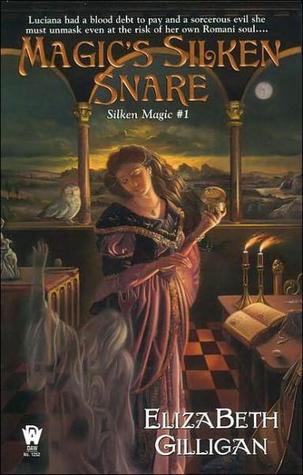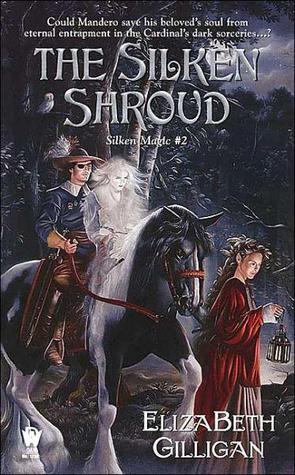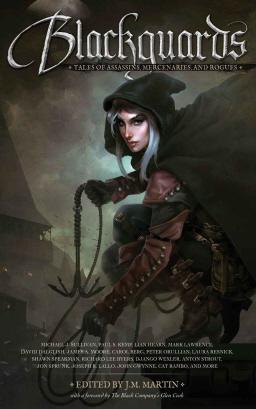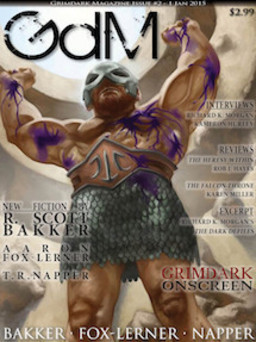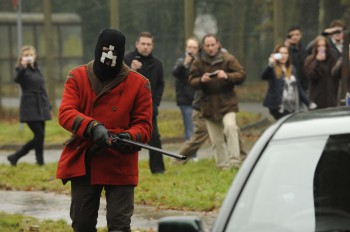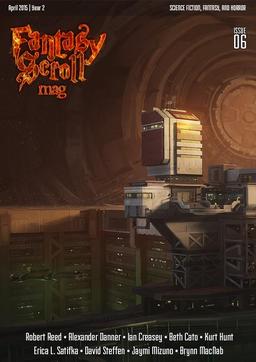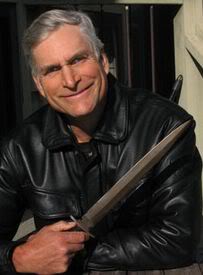The Proxy Culture War for the Soul of Middle Earth
 The culture war has been going on for a while. We’re used to it played out large. Trying to boil down 50 years of social history and politics into a paragraph is going to lose some nuance but, in broad strokes, you’ve people for whom established mores work, usually from homogenous communities, and people for whom they don’t — who are frequently labeled with various flavors of moral degeneracy. Usually to the scorn of history.
The culture war has been going on for a while. We’re used to it played out large. Trying to boil down 50 years of social history and politics into a paragraph is going to lose some nuance but, in broad strokes, you’ve people for whom established mores work, usually from homogenous communities, and people for whom they don’t — who are frequently labeled with various flavors of moral degeneracy. Usually to the scorn of history.
It’s played out in government, often in schools. We’re used to that. But now it’s also playing out in our fandom, our games, our conventions. This year the Hugo Awards took some collateral damage from being a battlefield in a war that is part of that narrative but is also somewhat removed from how we’ve been used to thinking of this fight.
Safe Space and the Geek Social Fallacy
There is a social movement of, largely, white male nerds misusing the concept of safe space to exclude people from geekdom.
Safe space is an area where anyone can be comfortable in who they are without recrimination, without bullying and without threat.
Most of our society isn’t safe. The litany of violence, abuse, and microaggression thrown at people because of fundamental aspects of their person is well documented
